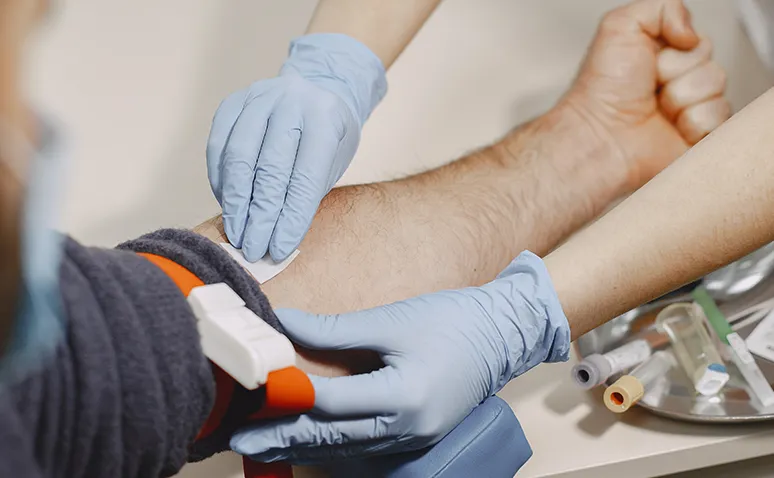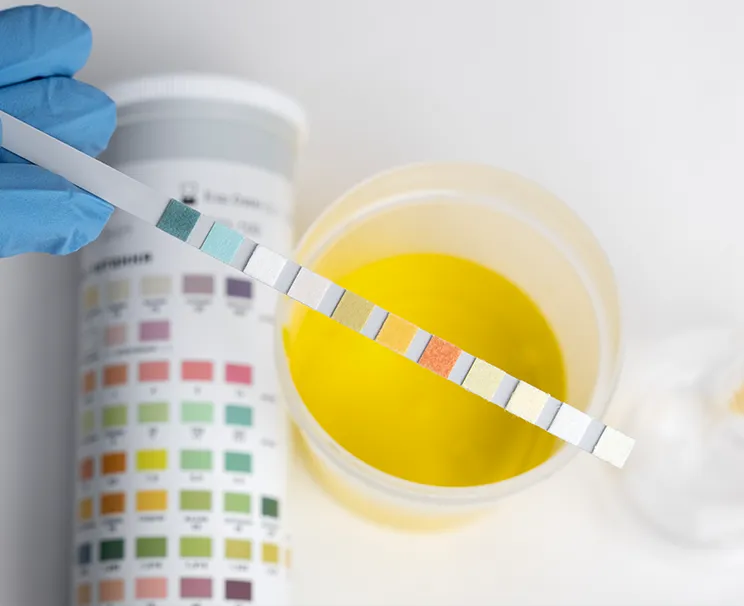HDL cholesterol is a lipoprotein that collects excess cholesterol from the body and transports it to the liver, where it is processed and removed from the body. HDL cholesterol, commonly known as “good cholesterol,” plays a crucial role in cardiovascular health by cleaning the arteries.
HDL cholesterol benefits include reducing the risk of cardiovascular diseases, preventing the clogging of arteries, and maintaining overall heart health. High levels of HDL cholesterol prevent plaque formation in the arteries and regulate blood flow.
What is HDL Cholesterol?
HDL cholesterol stands for “high-density lipoprotein.” Cholesterol is a type of lipid (fat) present in the body and is a building block of cells. There are two main types of cholesterol in the body: LDL (low-density lipoprotein) and HDL (high-density lipoprotein). While LDL causes cholesterol to accumulate on the walls of the arteries, HDL cleans these accumulations and removes them from the body.
High HDL Cholesterol
Although high cholesterol is generally considered a health risk, high levels of HDL cholesterol are different. Known as the “good cholesterol,” high-density lipoprotein helps the body clear excess cholesterol and protects heart health. High levels of this cholesterol have numerous positive effects on overall health.
What Happens if HDL Cholesterol is High?
High HDL levels help the body reduce LDL cholesterol (bad cholesterol) levels. LDL cholesterol can stick to artery walls, leading to plaque formation and artery blockages. High levels of high-density lipoprotein clean these plaques, protect the arteries, and reduce the risk of heart diseases. Research shows that high HDL levels significantly lower the risk of heart attack and stroke.

Cholesterol levels should be regularly monitored. A healthy HDL level is considered to be 60 mg/dL and above, which provides a protective effect for heart health. An HDL level below 40 mg/dL is considered low and can increase the risk of heart diseases. To maintain high HDL cholesterol levels, adopting a healthy lifestyle is essential.
Effective methods to increase HDL levels include regular exercise, consuming healthy fats, and quitting smoking. Foods rich in omega-3 fatty acids, such as fish, walnuts, and flaxseed, can also raise HDL cholesterol.
Low HDL Cholesterol
Low HDL cholesterol carries various health risks and can lead to heart diseases. The symptoms of low HDL cholesterol are not directly felt because this condition progresses insidiously. However, low HDL levels can lead to the following health issues:
An HDL test measures the HDL level in the blood. A healthy HDL level should be at least 50 mg/dL for women and at least 40 mg/dL for men. Low HDL levels can increase the risk of heart diseases. Therefore, it is important to regularly undergo HDL testing and monitor the results.
While low HDL levels can be risky, several simple steps can be taken to improve this condition. Regular exercise, adopting a diet rich in healthy fats, quitting smoking, achieving a healthy weight, and managing stress are effective methods to increase HDL levels.











